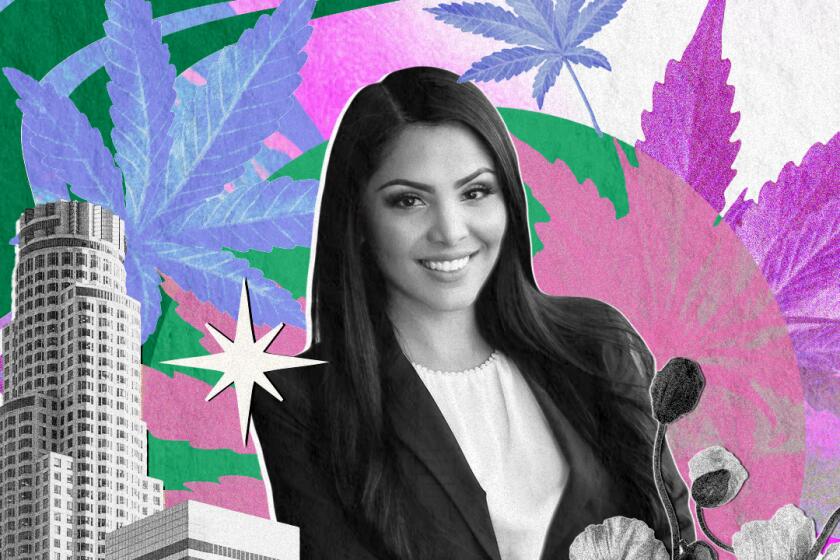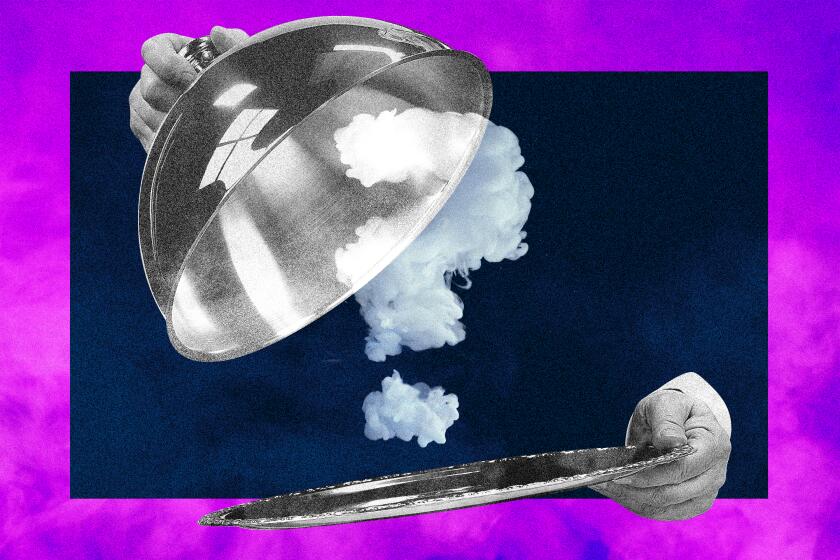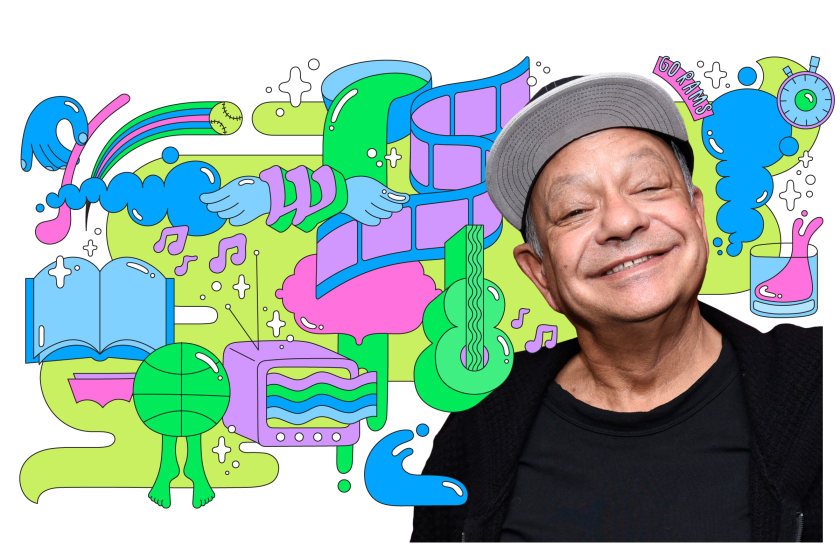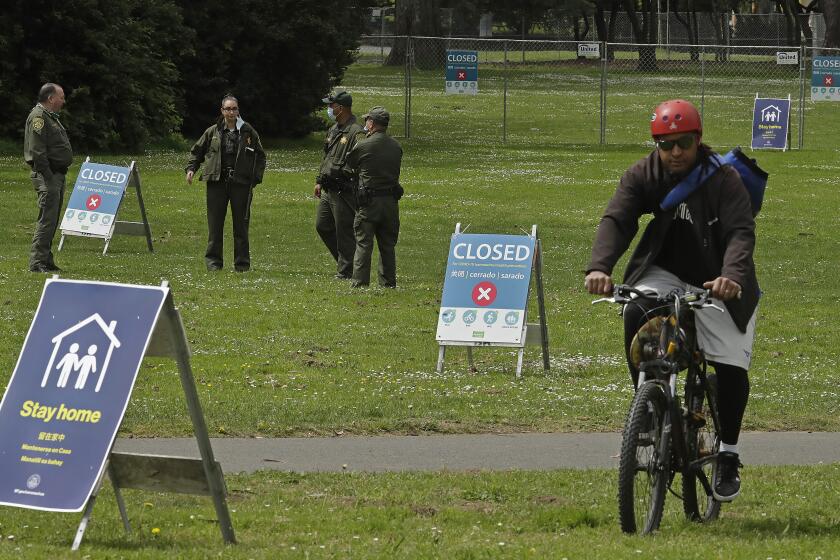Some Contenders Admit Past Pot Use
Seventeen years ago, the “pot question” helped bring down a U.S. Supreme Court nominee. In 1992, presidential contender Bill Clinton delivered his infamous explanation that he had tried marijuana but “didn’t inhale.”
On his way to the White House, President George W. Bush declined to answer drug questions with a simple “yes” or “no.”
So a small page in American political history may have been turned Tuesday when three Democratic presidential contenders casually told an audience of young people that they had smoked marijuana in the past. What’s more, some almost seemed uncomfortable admitting that they had not.
The question about drug use was e-mailed to Boston’s Faneuil Hall near the end of the CNN-MTV Rock the Vote forum among eight Democrats and repeated by CNN moderator Anderson Cooper:
“Which of you are willing to admit having used marijuana in the past?”
Cooper turned first to former Vermont Gov. Howard Dean, who laughed nervously and demurred: “We’ll all keep our hands down on this one.”
But eventually, Dean and U.S. Sens. John F. Kerry of Massachusetts and John Edwards of North Carolina -- acknowledged they had indulged in cannabis. Rep. Dennis J. Kucinich (D-Ohio) said he hadn’t but added quickly: “I think it ought to be decriminalized.”
The Rev. Al Sharpton said he “grew up in the church” and “didn’t believe in that.”
U.S. Sen. Joe Lieberman of Connecticut smiled and offered: “Well, you know, I have a reputation for giving unpopular answers in Democratic debates. I never used marijuana. Sorry.”
Retired Army Gen. Wesley K. Clark who, like Kerry, served in Vietnam, said he “never” used marijuana. Former U.S. Sen. Carol Moseley Braun of Illinois refused to answer.
Xandra Kayden, a political scientist with the UCLA School of Public Policy and Social Research said, “This is another effect of the Clinton years.
“People fought hard over these issues and they are tired of fighting hard,” she said. “It’s moving the envelope a little more widely open in the direction of ‘What’s past is past.’ ”
Bill Schneider, a senior political analyst for CNN, agreed.
Gay issues and gay marriage, rather than drug use, are what concern young people, he said. “It’s incomprehensible to them that there would not be equal rights for gays,” he said.
The tolerant view toward past drug use comes three presidential administrations too late for Douglas K. Ginsburg, the nominee of President Reagan, whose admitted marijuana use helped kill his promotion to the U.S. Supreme Court. Ginsburg remains on the federal appellate court in Washington, D.C.
More to Read
Get the L.A. Times Politics newsletter
Deeply reported insights into legislation, politics and policy from Sacramento, Washington and beyond. In your inbox three times per week.
You may occasionally receive promotional content from the Los Angeles Times.







